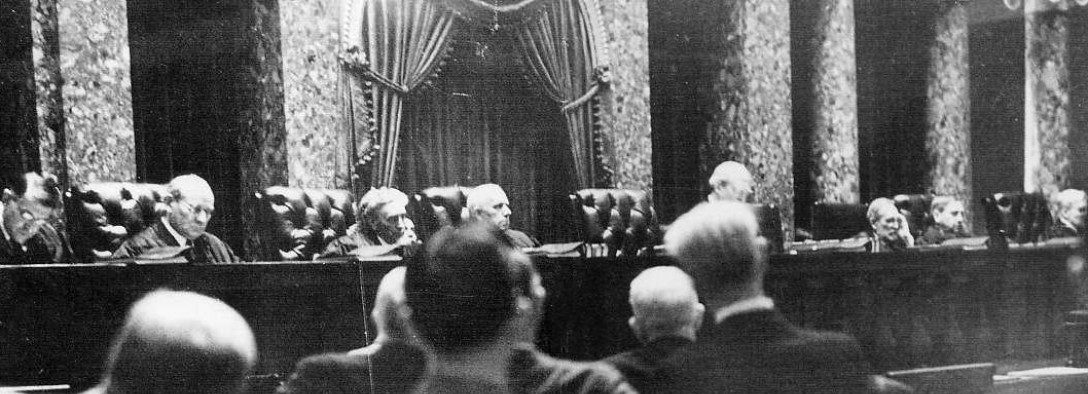Linda Greenhouse eloquently described the recent trend of courts beginning to question legislative intent for discriminating laws in The New York Times last week (The Courts Begin to Call Out Lawmakers). The court’s history of overturning race-neutral laws that discriminate has a fascinating genesis. In Yick Wo v. Hopkins, the Supreme Court reviewed a San Francisco ordinance that required consent from the city board to operate a laundry business in a wooden structure. The statute was race-neutral at first glance, but its application was anything but. While nearly every non-Chinese operator received a permit, the board had been so generous to only one Chinese laundry operator, though about two hundred had applied.
The Court decided the case in favor of one such Chinese laundry operator. The decision was unanimous. The year was 1886. It was the first time the Court relied on data to determine whether a law had discriminated.
Few, if any, of the justices serving on the Court at that time have established themselves in the collective American memory. Students may learn about Marshall and Warren, but few will know Chief Justice Morrison Waite, much less his contemporaries. For too long, this was understandable: decisions like Yick Wo were exceptions to the rule of a Court unmoved by discrimination. Fortunately, at least five of our current Justices have begun to transform Yick Wo into a harbinger of a new jurisprudence.
